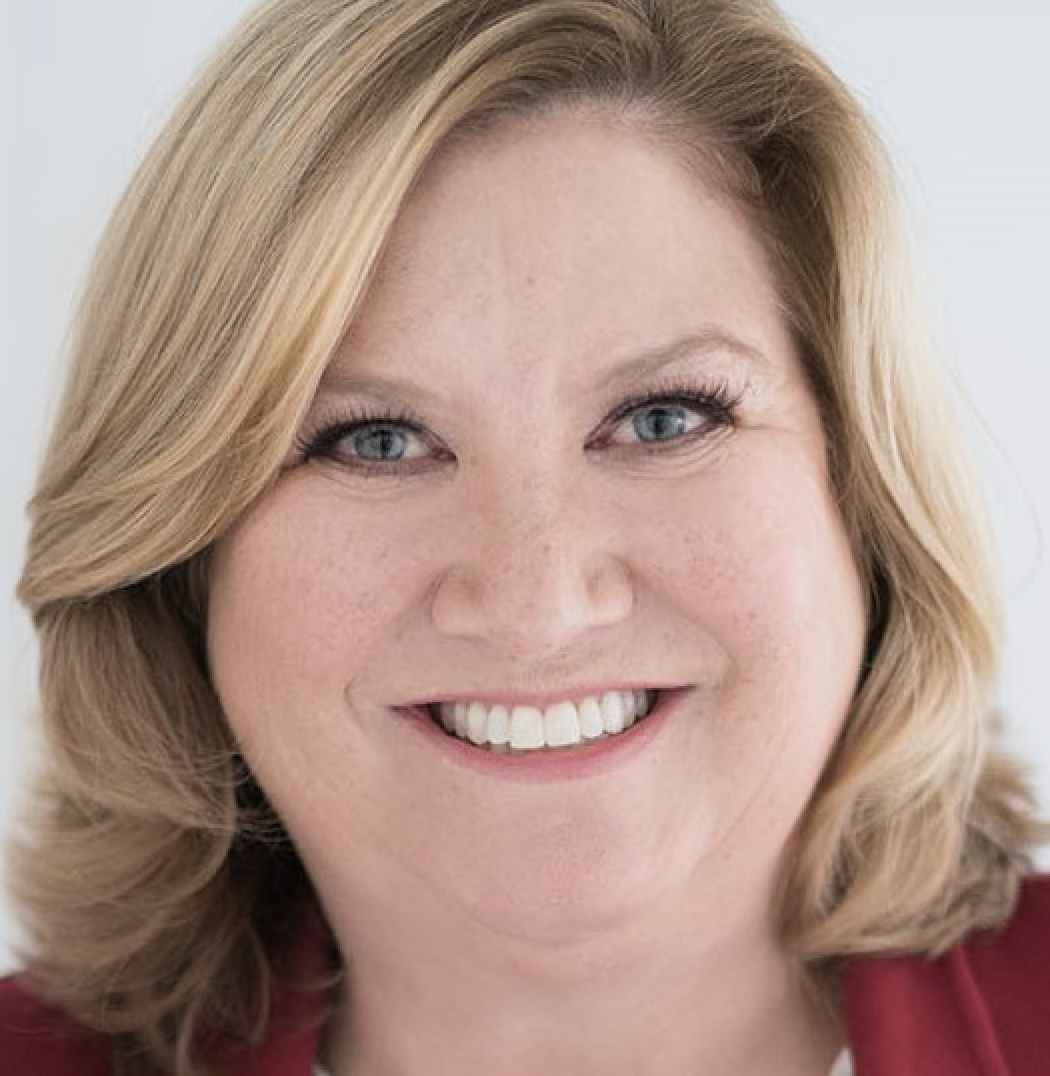The global pandemic has changed the B2B selling environment. Research shows remote buying and selling is the preferred way of doing business, and this is expected to continue in the future. However, only 25% of sales organisations are directly measuring virtual sales behaviours that drive sales success.
ValueSelling Associates and Training Industry recently conducted research that uncovers a glaring gap between the most impactful sales behaviours and what sales leaders measure today. To investigate the disconnect between the behaviours sellers need to succeed while working remotely and what sales teams actively measure, they surveyed 464 sales leaders and sales enablement decision-makers to further explore how to be successful with an increasingly virtual B2B sales model.
The research findings show that 75% of sales teams are driving down the interstate with their focus fixed on the rear-view mirror since many sales leaders only measure sales outcomes. Yet, measuring both selling behaviours and sales results is critical to determine if a healthy revenue pipeline is on the horizon.

The Most Impactful Virtual Selling Behaviours
Interestingly, our research shows that the behaviours identified to be the most impactful at each stage of the sales cycle have a common thread running through them: authenticity and strong human-to-human connections. The ability to establish credibility and trustworthiness – as well as the ability to develop and maintain a positive rapport with buyers – are essential for successful sales performance in every organisation and are critical to closing deals and building long-term relationships in a virtual selling environment.
And yet, rarely are these qualities measured.
Sales Leaders Today Don’t Measure What Matters
Although 98% of survey respondents measure their team’s sales performance in one way or another, their understanding of sales effectiveness is most often tied to sales outcomes.
Sales leaders’ understanding of sales effectiveness is mainly based on sales coaching reports (57%) and supervisor ratings (55%). And, we often see sales success attributed to market circumstance or luck, versus the skill of the salespeople. Coaching reports are influenced by the interpersonal dynamics between the supervisor and the sales representative – and that’s a hidden danger. They are not entirely objective, despite a sales leader’s best efforts. Supervisor ratings, meanwhile, are most often tied to a single metric: “Did you hit your number or not?”
Three-quarters of sales leaders favour lagging indicators, such as increased revenue and margins, transaction size, and the number of deals won. By contrast, the other 25% take a more cohesive view and monitor sales behaviours, which are leading indicators. These behaviours could include sales reps blocking time on their calendars for prospecting, completing more phone calls, and writing more follow-up plan letters.
A Disparity Between Desired Behaviours and Sales Metrics
Many sales organisations have a disparity between how they want salespeople to act and the sales outcomes they are striving to achieve. The only way to know whether a sales training initiative was successful is to measure it – both by keeping an eye on selling behaviours (leading indicators) and sales results (lagging indicators). Without both measurements in place, it’s difficult to diagnose what is and isn’t working.
To maximise the investment in sales training, organisations must actively take steps to measure the behaviours that matter most to ensure their training is working. Without effective measurement practices in place, organisations lack insight into the performance of their salespeople and whether they are properly equipped with the skills they need to be successful.




